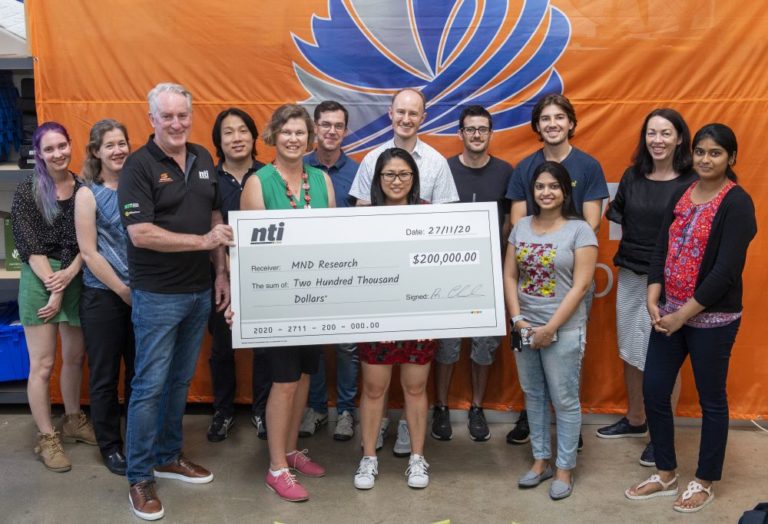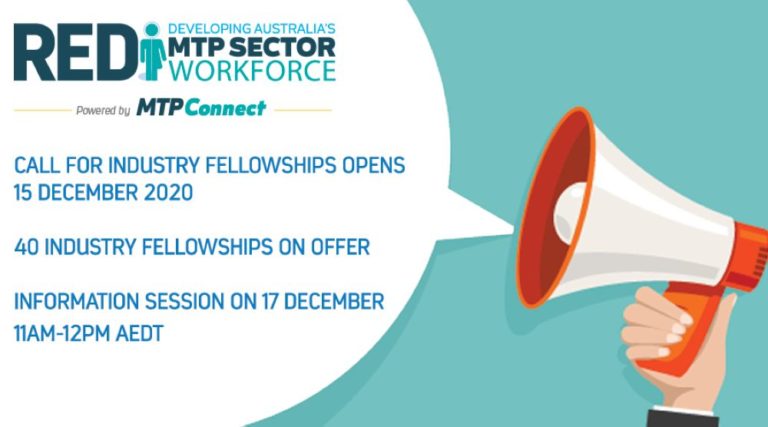How it works:
The online program consists of 11 short, interactive web-based modules that contain information, short videos, and activities. Participants complete up to 3 modules per week over a 4-week period.
Other interactive activities educated users about PTSD and supported them to develop personalised plans for seeking help. A computer algorithm was then used to feedback responses to various activities that assisted men in generating a help-seeking plan.
So far, the men who have participated in the trial group have gone on to seek more help than those in the control group, they also experienced less self-stigma.
Ask the expert:
Angela Nickerson, Associate Professor from the Refugee Trauma and Recovery Program at UNSW Science’s School of Psychology:
“The prevalence of PTSD in people from a refugee background is five times higher than in Australia’s general population, so PTSD is a devastating burden on refugees’ mental health.”
“But even though the group’s mental health needs are high, their treatment uptake is low. That’s a big concern – those who don’t access treatment may have an increased risk of ongoing distress and impairment.”
“One key barrier to seeking help is self-stigma, or negative beliefs about the psychological symptoms commonly experienced following exposure to trauma and help-seeking.”
The details:
More information on the ‘Refugee Trauma and Recovery Program’ can be found by clicking here.




